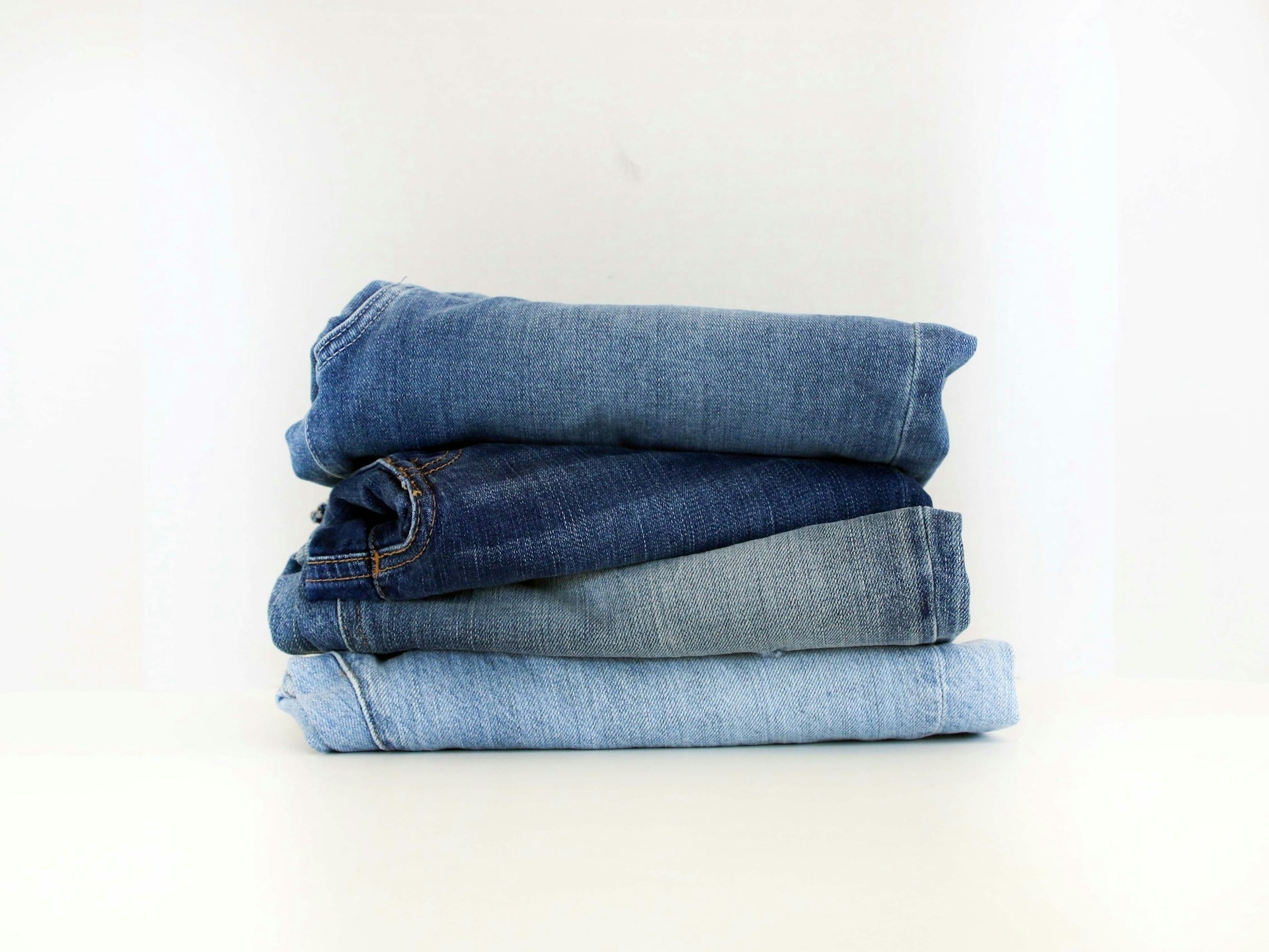A groundbreaking new process using indican instead of indigo could vastly reduce the amount of water needed to produce jeans

Blue jeans are not green. The crux of the environmental problem lies in indigo, the dye responsible for denim’s characteristic colour. Unlike most dyes, indigo is insoluble in water, necessitating a complex process to adhere it to fabric. This involves chemically reducing the dye to a water-soluble, colourless form that can be absorbed by cotton. Once exposed to air, the indigo reverts to its insoluble, vibrant blue state. This transformation requires substantial volumes of water – around 100 litres per pair of jeans – and a cocktail of harsh chemicals.
The environmental toll is compounded in developing countries, where much of the world’s denim is produced, leading to pollution and rivers tainted with the unmistakable blue of indigo runoff.
In pursuit of more sustainable methods, Ditte Hededam Welner and her team at the Novo Nordisk Foundation Center for Biosustainability, Technical University of Denmark, have introduced a groundbreaking approach. Their research focuses on indican, a precursor to indigo that dissolves in water. Indican can be directly applied to fabric and transforms into indigo upon exposure to sunlight or artificial light sources, minimising the use of water and toxic substances.
The high cost of producing indican has previously limited its viability as a substitute. But now Welner’s team has developed an engineered enzyme capable of efficiently producing it. However, significant obstacles remain. Scaling up indican production to meet global demand presents logistical and economic challenges. And the technology does not fully resolve the denim industry’s broader environmental impacts.
A staggering amount of water – over 3,000 litres – is estimated to be consumed in the production of a single pair of jeans, from cotton cultivation through to the finishing processes. While this latest breakthrough improves the process, water use is still significant.
So if you’re wanting to dress ethically, you might want to skip the double denim – or perhaps you could buy your jeans and jacket second-hand.
This article is from New Humanist’s summer 2024 issue. Subscribe now.


